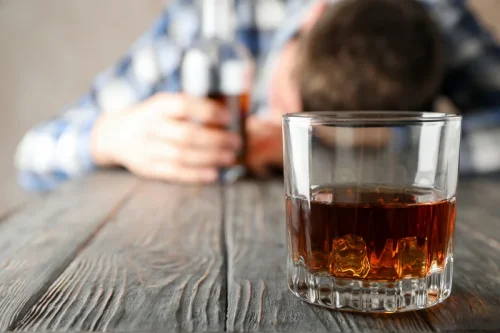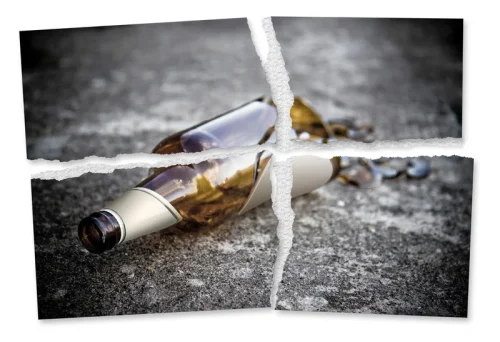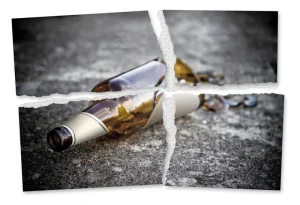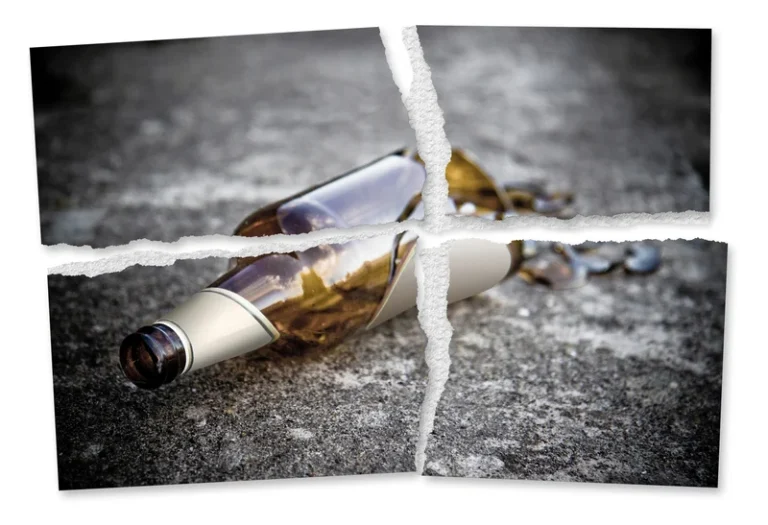
With little calorie or protein intake the skin becomes dry and loses elasticity. One of the earliest signs of alcohol abuse is a persistently red face due to enlarged blood vessels (telangiectasia). This appears because regulation of vascular control in the brain fails with sustained alcohol intake. Although drinking alcohol can cause a person to fall asleep faster, it may cause them to wake up more often during the night. Frequent and excessive drinking can lead to several problems with the skin including flushing, reduced elasticity, and dryness. Alcohol–immune interactions also may affect the development and progression of certain cancers.

What Happens To Your Skin When You Stop Drinking?
It falls into the same class of drugs as other ED medications, like Viagra® (sildenafil) and Levitra® (vardenafil), known as phosphodiesterase type-5 inhibitors — PDE5 inhibitors for short. The treatment of alcohol dependency involves a variety of interventions, and it requires medical, social, and family support. Alcohol can have a serious effect on the developing brain, from fetal development to the end of adolescence. If a woman consumes alcohol during pregnancy, the child may be born with fetal alcohol syndrome (FAS). In 2015, this was =https://ecosoberhouse.com/ believed to affect between 2 and 7 newborns in every 1,000. Alcohol affects every body system, so it can cause health problems throughout the body.
Opt-in To Our Daily Healthzine
Ria Health offers several FDA-approved medications for alcohol use disorder. When combined with counseling, this approach is proven highly effective. Try not to let a good time and a long night get in the way of your evening regime. You deserve to have support that understands you and wants to help you find care that will work for your needs. From detox programming to effective, evidence-based inpatient and outpatient services, there are options available for you.
Alcohol and Acne: The Connection You Need to Know
People with underlying skin conditions, such as psoriasis and rosacea, will need to continue treatment to prevent flare-ups. A how alcohol affects your skin person should speak with a doctor or dermatologist to find the best treatment. According to a 2020 study, applying topical brimonidine to the skin before drinking alcohol may be effective in reducing the appearance of flushing. Brimonidine is prescription-only, and doctors sometimes prescribe it to people with rosacea. However, according to the American Academy of Dermatology Association, drinking alcohol can increase a person’s risk of developing it.
Another way to neutralise the adverse effects of alcohol consumption on your skin is by taking a B-complex vitamin before drinking, as alcohol depletes these essential nutrients. “Every glass of alcohol also reduces Vitamin A, a crucial nutrient for skin renewal and collagen production. The morning-after puffiness isn’t just from lack of sleep – alcohol causes blood vessels to dilate, creating that telltale flush and bloated appearance,” she adds.

During this time, a person may do things that they do not remember later. It is commonly misused among individuals of all ages, resulting in significant health, legal, and socio-economic damage. Alcohol is a legal recreational substance for adults and one of the most commonly used drugs in the United States. Like any type of alcohol, white wine is best enjoyed in moderation—especially if you want to keep your skin in tip-top shape.
- Water in the body helps not only with circulation, digestion, and the ridding of toxins but for the skin specifically, it helps contribute to its strength and elasticity.
- In addition to taking care of your skin after drinking, it’s important to rehydrate quickly.
- Infection with viral hepatitis accelerates the progression of ALD, and end-stage liver disease from viral hepatitis, together with ALD, is the main reason for liver transplantations in the United States.
- If you’ve noticed changes in your skin related to alcohol consumption, chronic skin conditions, sun exposure, age, or any other concerns, the U.S.
- However, one aspect that often goes overlooked is the impact of alcohol consumption on skin health.

Over time, this daily “moderate fix” can lead to flushed faces, puffiness, dark circles, wrinkles, frequent breakouts… and the list goes on. Doctors advise not drinking again within 48 hours of a heavy drinking session, to allow the body to recover. Since the liver can only process the equivalent of one drink at a time, the body may remain saturated with the alcohol that has not yet left the body. The least damaging types of alcohol for skin are lighter drinks with no additives—such as gin, vodka, or tequila. Most of us have had an occasional morning-after with a puffy, dry face (along with other symptoms of a dreaded hangover).

- It can also be difficult for the body to process, putting extra pressure on the liver, the digestive system, the cardiovascular system, and other functions.
- Conditions such as jaundice, darker skin around the eyes, visible blood vessels, and itchy skin may arise because of liver damage caused by alcohol.
- If you ate some extra greasy food, your face might become a little more oily.
- Excessive dehydration from alcohol might not seem like a big deal in the short term.
And combined with inflammation and dehydration, this can make for some very unhappy skin. While the wellbeing benefits of sobriety is well-documented, from improved mental health and better responses to stress to encouraging sleep quality and energy levels. Switching your martinis for virgin Negroni’s can do wonders for your skin, too, as long as you go easy on the sugars. The trick is to develop a personalised recovery plan that includes a high amount of proteins, antioxidants, supplements and probiotics. “A tailored recovery plan should include supplements of omega-3 fatty acids to help reduce inflammation, and probiotics to improve gut health, which directly benefits the skin,” says Naik. Water in the body Substance abuse helps not only with circulation, digestion, and the ridding of toxins but for the skin specifically, it helps contribute to its strength and elasticity.





